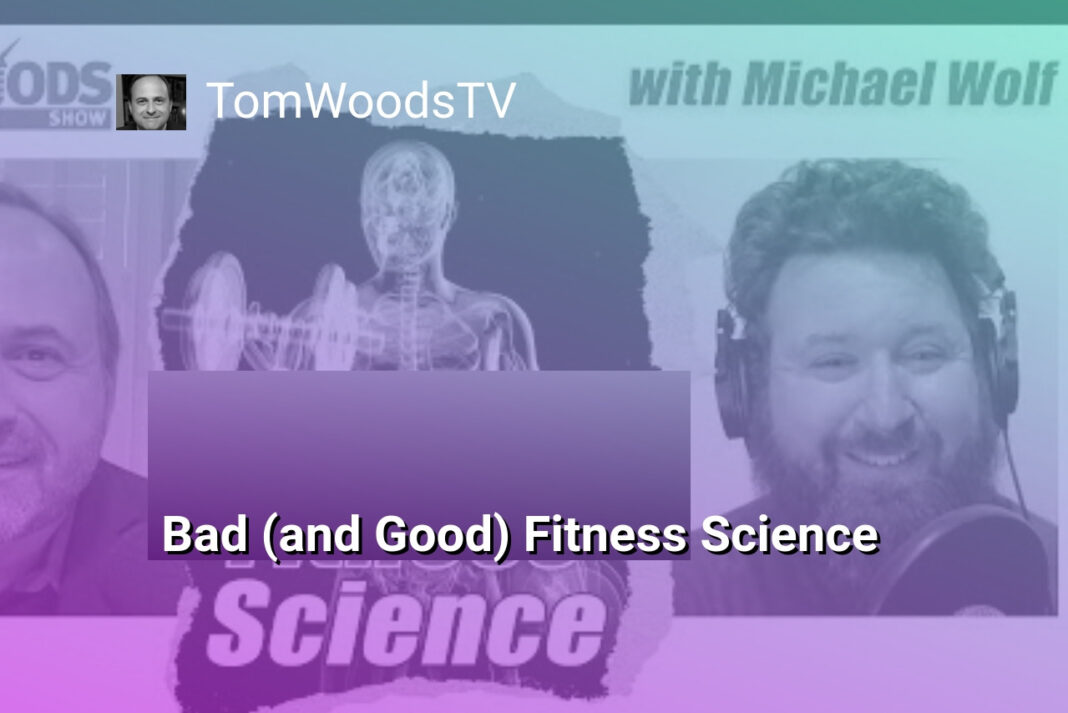The Bottom Line:
Here is a summary of the main points in first-person perspective:
- I learned that building muscle requires not just lifting weights, but also consuming a variety of nutrient-rich foods that support muscle growth, repair, and recovery.
- Some of the top muscle-building foods include avocados with their healthy fats and potassium, eggs as a complete protein source, milk with its mix of fast and slow-absorbing proteins, and lean meats like chicken breast.
- I discovered that certain foods like sweet potatoes, quinoa, and almonds provide sustained energy for workouts, while others like spinach and salmon offer key nutrients for muscle function and reducing inflammation.
- Incorporating foods like Greek yogurt can aid in hunger management and meeting protein needs to support lean muscle growth, while foods rich in antioxidants and probiotics promote overall health and recovery.
- I now understand that combining a balanced diet containing these muscle-building foods with consistent exercise and proper rest forms the foundation for achieving my muscle growth and fitness goals in a healthy, sustainable way.
Avocado: The Muscle Magician with More Potassium and Healthy Fats
The Potassium Powerhouse
Avocados are a true potassium powerhouse, packing even more of this essential mineral than bananas. Potassium plays a crucial role in supporting muscle function and nerve signals, making it a vital nutrient for anyone looking to build muscle. By including avocados in your diet, you’ll be providing your body with the potassium it needs to keep your muscles functioning at their best.
Healthy Fats for Muscle Building
In addition to their impressive potassium content, avocados are also rich in heart-healthy monounsaturated fats. These fats are essential for producing muscle-building hormones, which play a key role in the muscle growth process. By consuming avocados, you’ll be supporting your body’s natural hormone balance, which can help optimize your muscle-building efforts.
Avocados also aid in hydration and nutrient absorption, both of which are essential for muscle recovery. The healthy fats found in avocados can help reduce inflammation, which is particularly beneficial after intense workouts. By incorporating avocados into your post-workout meals, you’ll be providing your muscles with the nutrients they need to repair and grow.
A Nutrient-Dense Fruit for Overall Health
Beyond their muscle-building benefits, avocados are a nutrient-dense fruit that can support overall health. They’re rich in fiber, vitamins, and minerals, making them a valuable addition to any well-rounded diet. Consuming avocados regularly can help support heart health, weight management, and even cognitive function.
Whether you enjoy them in smoothies, salads, or as a spread on whole-grain toast, avocados are a versatile and delicious way to support your muscle-building goals while promoting overall health. So, don’t hesitate to add this muscle magician to your grocery list and start reaping the benefits today!
Milk: Quick and Slow Proteins to Fix Muscles Anytime
The Power of Whey and Casein Proteins
Milk is a fantastic source of high-quality protein, containing both whey and casein. Whey protein is quickly absorbed by the body, making it an ideal choice for post-workout nutrition. It rapidly delivers essential amino acids to the muscles, supporting their growth and repair. On the other hand, casein protein is slowly digested, providing a steady supply of amino acids over an extended period. This combination of fast and slow proteins makes milk an excellent choice for supporting muscle growth and recovery throughout the day.
Calcium for Strong Bones and Muscles
In addition to its protein content, milk is also rich in calcium, a vital mineral for maintaining strong bones and supporting muscle function. Calcium plays a crucial role in muscle contraction and nerve signaling, ensuring that your muscles can perform at their best during workouts. By consuming milk regularly, you not only support muscle growth but also promote overall bone health, reducing the risk of injuries and fractures.
Versatility and Convenience
One of the great things about milk is its versatility and convenience. It can be enjoyed on its own as a refreshing drink, added to smoothies for a protein boost, or used in various recipes to enhance the nutritional value of your meals. Whether you prefer whole, low-fat, or non-dairy alternatives like almond or soy milk, there are plenty of options to suit your taste preferences and dietary needs. Incorporating milk into your diet is a simple and effective way to support your muscle-building goals while enjoying its delicious taste and numerous health benefits.
Eggs: All the Good Stuff Muscles Need in One Easy Package
The Incredible, Edible Egg
Eggs are a nutritional powerhouse, offering high-quality protein and essential omega-3 fatty acids in one convenient package. One large egg contains about 6 grams of protein, which is essential for muscle repair and growth. The protein in eggs is also highly bioavailable, meaning that your body can easily absorb and utilize it. Eggs are also one of the few dietary sources of vitamin D, which is important for bone health and muscle function.
Versatility in the Kitchen
One of the best things about eggs is their versatility. They can be prepared in a variety of ways, from scrambled and poached to hard-boiled and baked. This makes it easy to incorporate them into your diet without getting bored. You can enjoy them for breakfast, lunch, or dinner, and they can be paired with a wide range of other foods, such as vegetables, whole grains, and lean meats.
Eggs and Weight Management
In addition to their muscle-building benefits, eggs can also be a useful tool for weight management. They are known to promote satiety, which means that they can help you feel full and satisfied for longer periods of time. This can be particularly helpful if you are trying to manage your weight while also building muscle mass. By incorporating eggs into your diet, you can help control your appetite and make healthier food choices throughout the day.
Salmon: Filled with Good Oils and Protein for Strong Muscles
Protein-Packed for Muscle Repair and Growth
Salmon is an excellent source of high-quality protein, which is essential for muscle repair and growth. Each serving of salmon provides a significant amount of protein, making it an ideal choice for those looking to build and maintain lean muscle mass. The protein in salmon is easily digestible and contains all the essential amino acids needed for optimal muscle function.
Omega-3 Fatty Acids for Reduced Inflammation
In addition to protein, salmon is rich in omega-3 fatty acids, particularly EPA and DHA. These healthy fats have been shown to reduce inflammation in the body, which is crucial for muscle recovery after intense workouts. By incorporating salmon into your diet, you can help alleviate muscle soreness and promote faster recovery, allowing you to get back to your training routine more quickly.
Versatile and Nutrient-Dense
Salmon is a versatile fish that can be prepared in various ways, making it easy to incorporate into your meal plan without getting bored. Whether you prefer it grilled, baked, or smoked, salmon offers a delicious and nutritious option for any meal. In addition to protein and omega-3s, salmon is also a good source of other essential nutrients, such as vitamin D, selenium, and B vitamins, which contribute to overall health and well-being.
Consuming salmon regularly can also support cardiovascular health and cognitive function, both of which are important for maintaining a well-rounded fitness regime. The combination of protein, healthy fats, and other nutrients found in salmon makes it an excellent choice for anyone looking to build and maintain strong, healthy muscles while supporting overall health and wellness.
Sweet Potatoes: Power Up Your Workouts with Long-Lasting Energy
Nutrient-Dense Powerhouse for Sustained Energy
Sweet potatoes are a nutrient-dense powerhouse, providing a wealth of vitamins, minerals, and complex carbohydrates essential for sustained energy during workouts. These root vegetables are an excellent source of vitamin A, vitamin C, potassium, and dietary fiber, all of which contribute to overall health and well-being. The complex carbohydrates found in sweet potatoes are slowly released into the bloodstream, providing a steady supply of energy throughout your exercise routine, helping you power through even the most intense training sessions.
Supporting Muscle Growth and Recovery
In addition to providing long-lasting energy, sweet potatoes also play a crucial role in supporting muscle growth and recovery. The complex carbohydrates found in sweet potatoes help replenish glycogen stores in the muscles, which are depleted during exercise. This replenishment is essential for muscle recovery and growth, as it ensures that your muscles have the energy they need to repair and rebuild after a challenging workout. Furthermore, the vitamin C content in sweet potatoes aids in the production of collagen, a protein that is essential for maintaining the integrity of connective tissues, such as tendons and ligaments, which are crucial for proper muscle function.
Versatile and Delicious Addition to Your Diet
Sweet potatoes are not only nutritious but also incredibly versatile and delicious, making them an easy addition to your muscle-building diet. They can be baked, roasted, mashed, or even used as a base for healthier versions of classic dishes like fries or pie. Their natural sweetness and creamy texture make them a satisfying choice for both savory and sweet dishes. Incorporating sweet potatoes into your meals can help you maintain a balanced and enjoyable diet while supporting your muscle-building goals.





